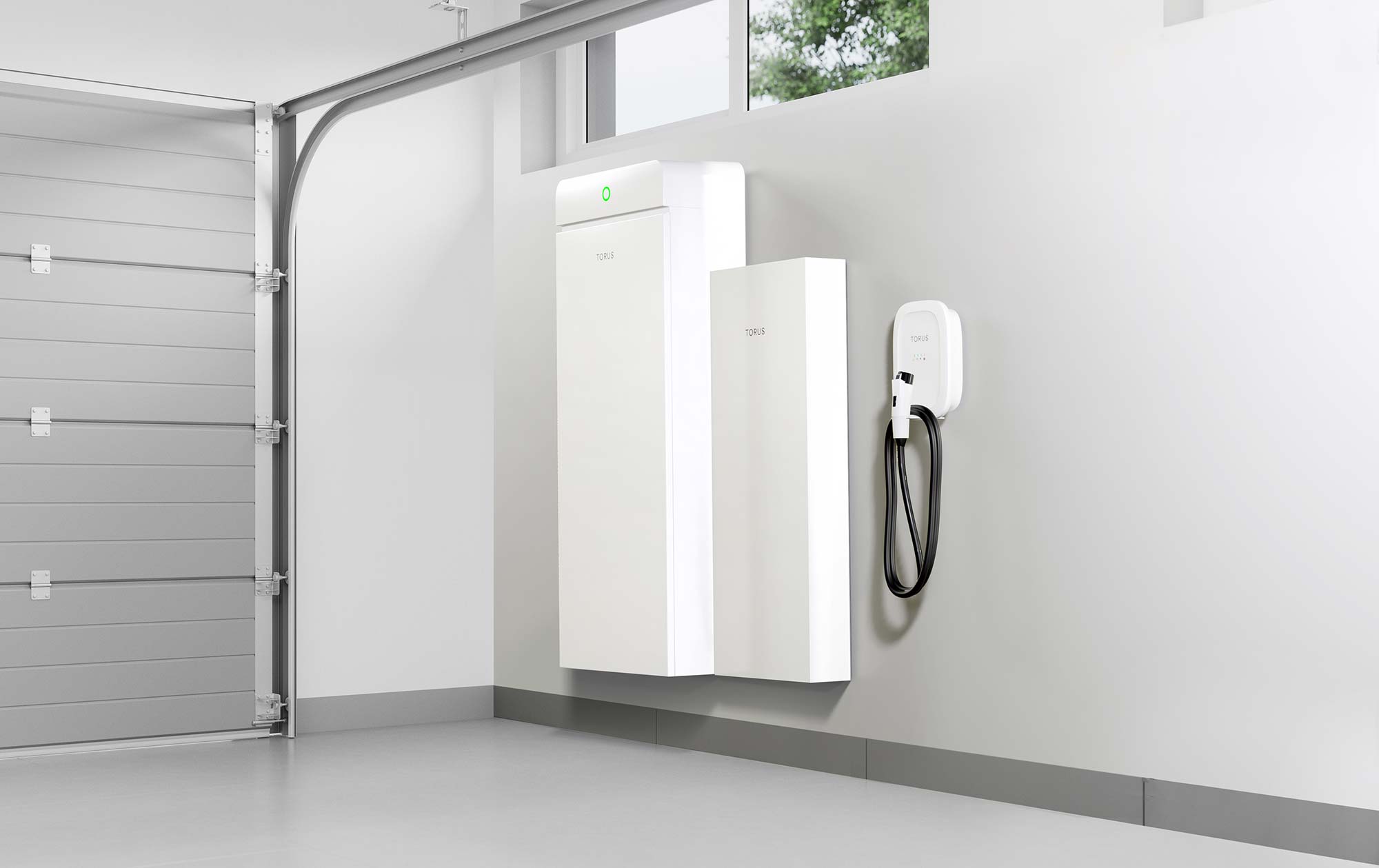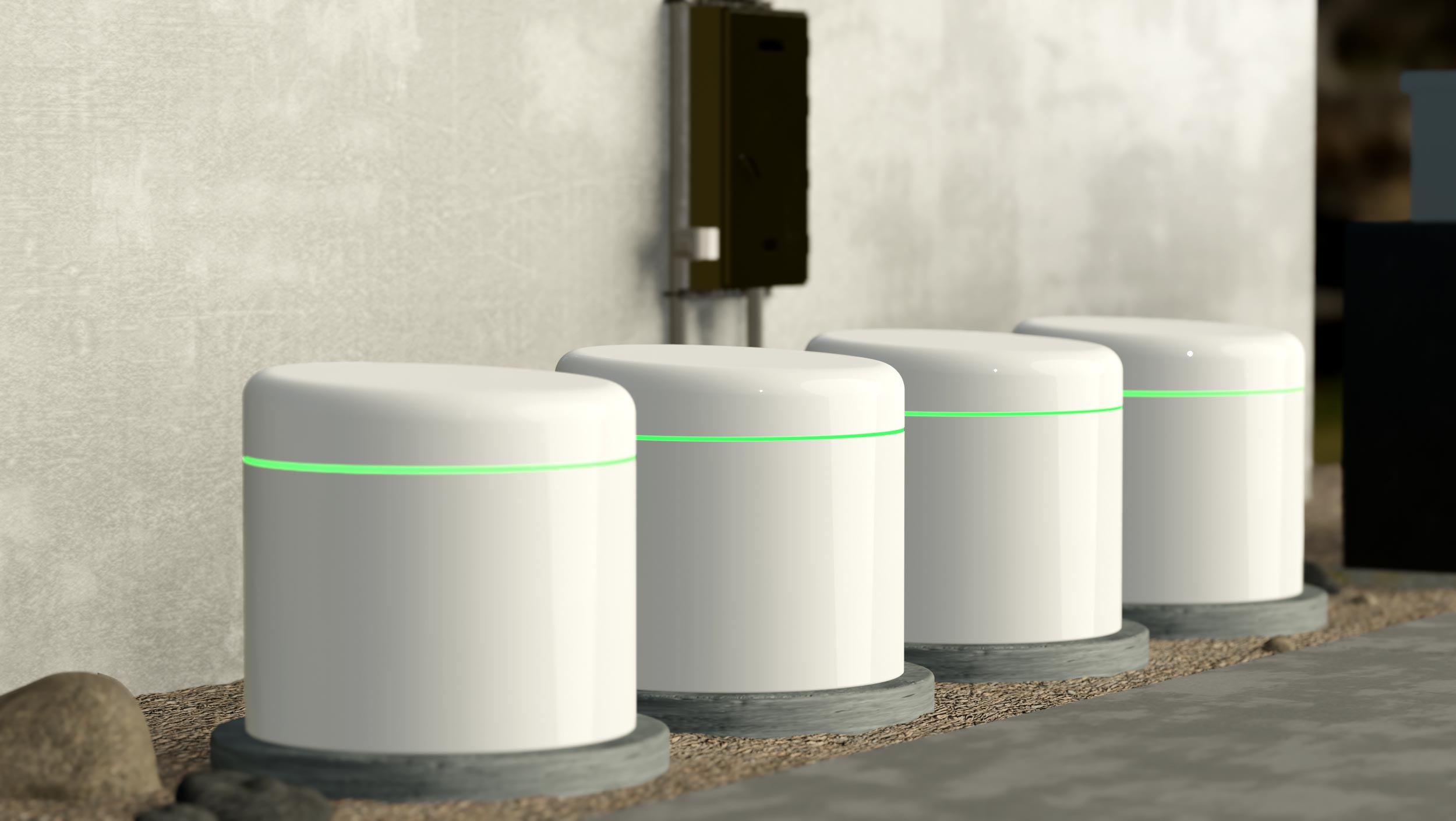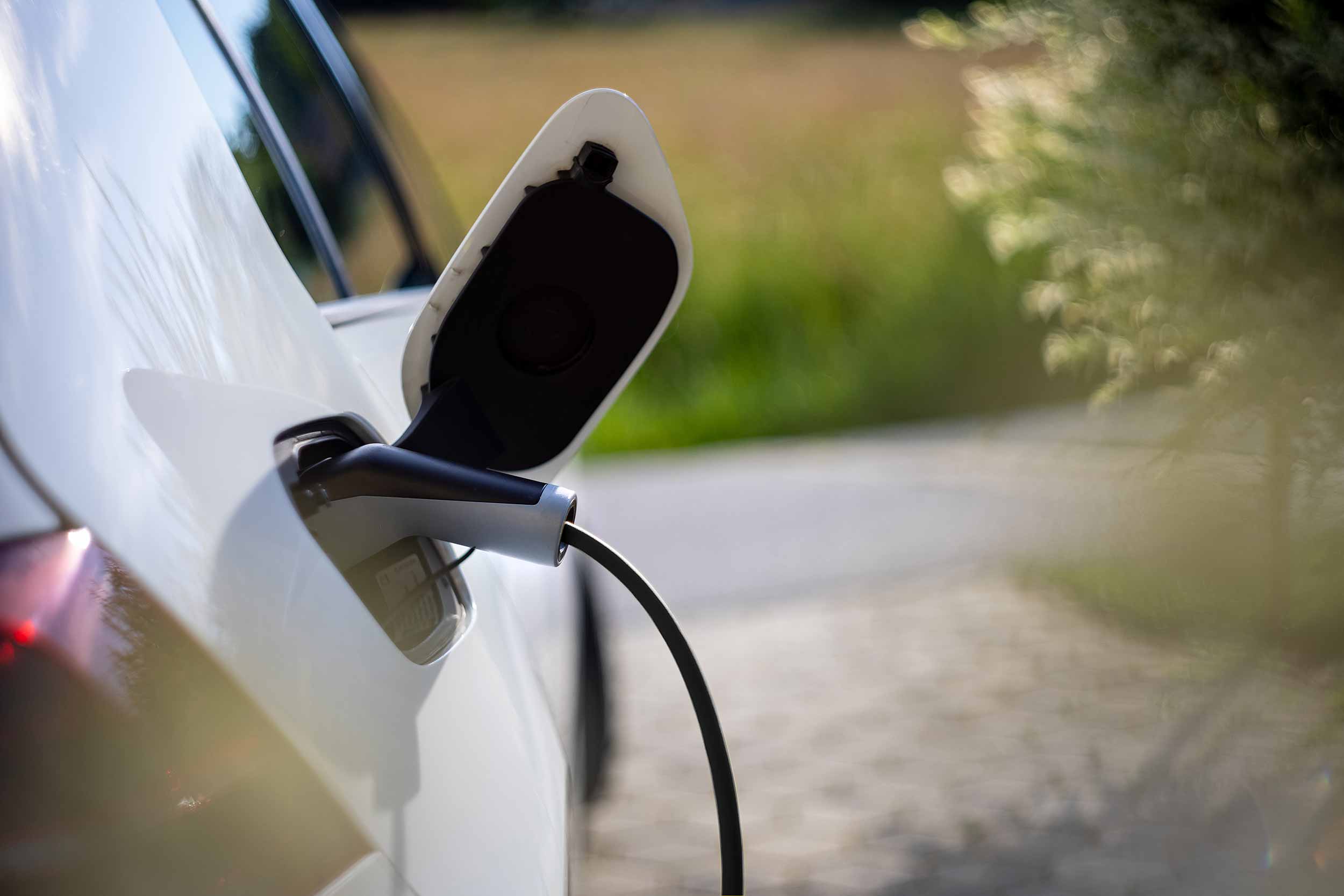How much does it cost to install solar in Utah?
Everything you need to know about solar costs in the Beehive State
With plenty of environmental and financial benefits, going solar is an appealing option for powering your home, especially in Utah’s high-sun, drought-prone climate. But before investing, it’s important to understand the associated costs. Let’s dig in.
System Size and Energy Needs:
The size of the solar system you need will depend on your energy consumption. To determine that, consider the following:
- Average Energy Usage: Review your past energy bills to determine your average monthly energy consumption. This information will help estimate the system size required to meet your needs.
- Energy Efficiency Measures: Implementing energy efficiency measures in your home ahead of time can reduce your overall energy consumption and potentially lower the size and cost of your future solar system.
Solar Panel Costs:
Solar panel costs are influenced by several factors, including:
- Type and Efficiency: Different solar panel technologies and efficiencies are available at various price points. Higher-efficiency panels generally cost more but may offer better performance and space utilization.
- Quality and Warranty: Consider the quality and warranty offered by solar panel manufacturers. Investing in high-quality panels with longer warranties can provide peace of mind and potentially greater long-term savings.
Installation Costs:
Installation costs are another significant component of an investment in solar. Factors influencing installation costs include:
- Roof Complexity: The complexity of your roof, such as its shape, slope, and material, can impact installation complexity and costs.
- Mounting and Racking: The type of mounting and racking system required for your solar panels can affect installation costs.
- Electrical Upgrades: Depending on your home's electrical infrastructure, additional electrical work may be needed to accommodate the solar system, leading to increased installation costs.
Incentives and Rebates:
Utah offers several incentives and rebates that can significantly offset the cost of installing solar panels:
- Federal Tax Credit: Homeowners can take advantage of the federal Investment Tax Credit (ITC), which provides a percentage-based credit on the cost of solar installation.
- State and Local Incentives: Depending on your location, there are also various state and local incentives available in Utah, including rebates and tax credits, which can further reduce the upfront costs of going solar.
Financing Options:
If you’re looking for ways to make solar installation more affordable or accessible, there are plenty of financing options available, including:
- Solar Loans: Many financial institutions offer solar-specific loans, allowing homeowners to finance their solar installation with favorable terms and interest rates.
- Solar Leases and Power Purchase Agreements (PPAs): With these options, you can lease the solar equipment or purchase the generated energy at a fixed rate, which is typically lower than utility rates
The Torus Station is the most effective way to create, store, and manage clean, renewable energy at home. Curious? Learn more! Interested in a free consultation? Get in touch! Ready to commit? Customize your system.




